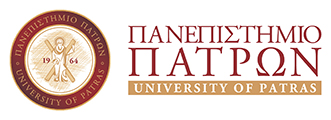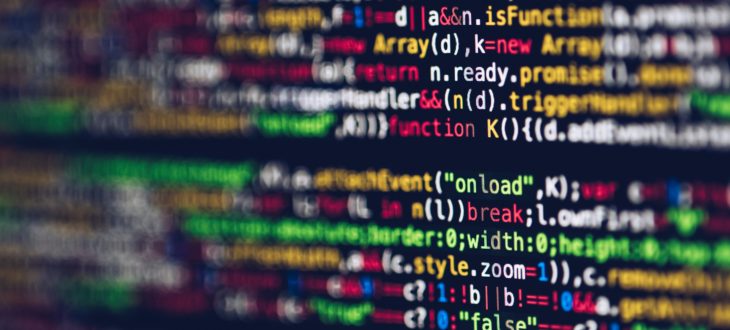Coordinator: George Kagadis
Lecturers: Christos Alexakos, George Kagadis, Vassilis Loukopoulos, Ioannis Panayiotopoulos, Panayiotis Papadimitroulas, Fotis Papathanasopoulos, George Sakellaropoulos
Aim and Objectives
Collection and analysis of medical data of various types are essential in every day clinical practice to support patient management. The course aims to convey biomedical information management methods and techniques, that help identify useful information and support medical decision making.
Course Content
- Basic concepts of medical informatics: data in digital form, data vs. information vs. knowledge, uncertainty in medical information.
- Biomedical data: types, image coding and compression and display, storage, transmission, protection.
- Medical informatics standards: Health
Level 7, Imaging Integration
(DICOM), Integrating the Healthcare Enterprise (IHE). - Medical information management: medical databases, Patient Records Systems, Picture Archiving and Communication Systems (PACS), Radiology Information Systems (RIS), Hospital Information Systems (HIS), Telemedicine and Teleradiology.
- Medical imaging informatics: Basics of medical image processing and analysis.
- Medical decision making: Expert systems for medical decision support, Probabilistic reasoning, Medical data mining.
Suggested Textbooks
- “Biomedical Informatics: Computer Applications in Health Care and Biomedicine” 4rth edition. Edward H. Shortliffe, James J. Cimino (eds), Springer-Verlag, London, 2014.
- ‘Informatics in Medical Imaging’ G. C. Kagadis, S. G. Langer (eds), CRC Press, Taylor and Francis, 2012.
- Lecture notes
Grading Policy: Projects and written examinations

